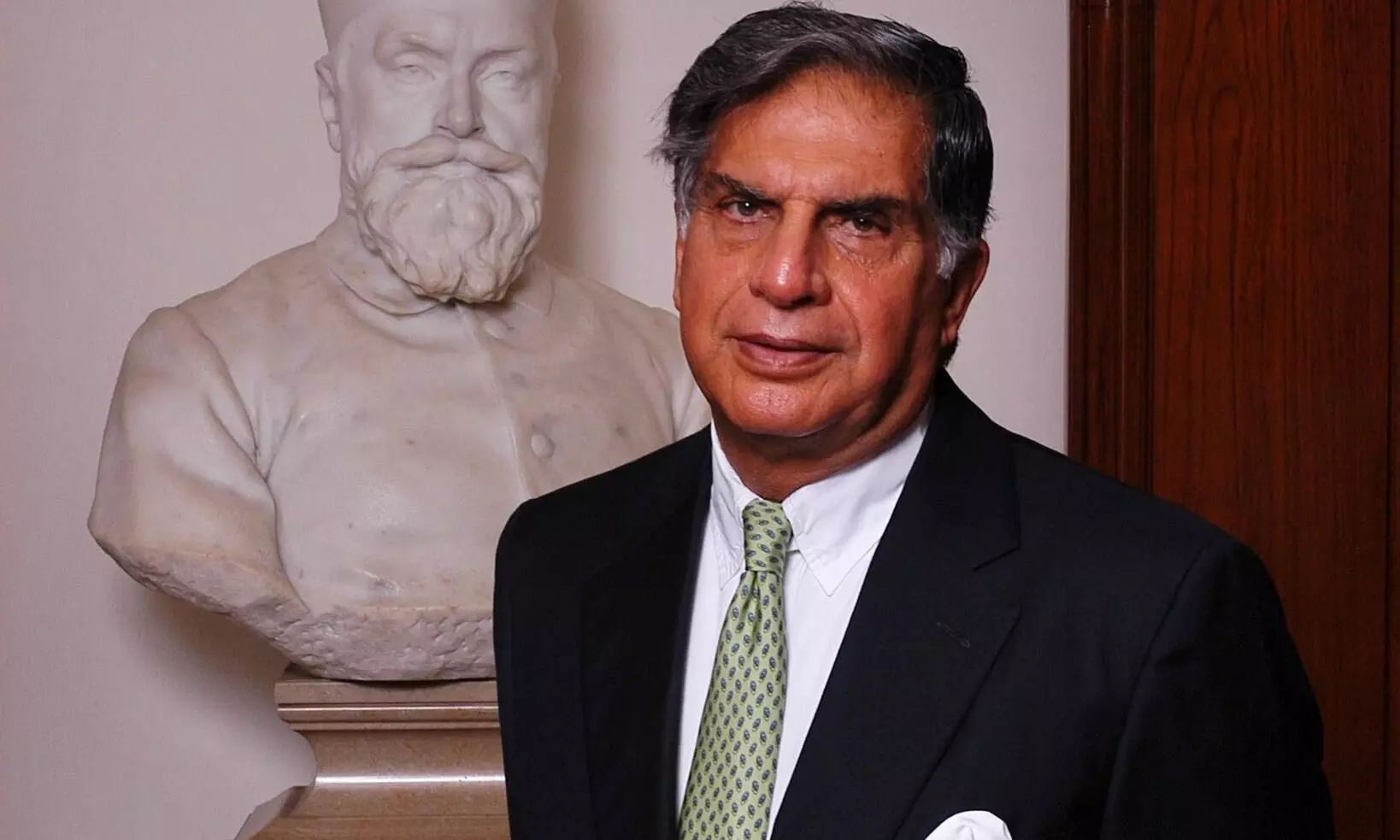Sense and Sensibility

Last week, the image of the word Goa suddenly went from that of a beach town to a canine that had been adopted and nurtured by a dog lover and eponymously named. A most exceptional image, for no matter how loved a dog is by a family, he doesn’t make it to the funeral procession or gets a chance to be seated next to the deceased’s casket. But then the deceased, in this case, was an exceptional name too - a luminary, an inspiration and an icon for millions, making him an irreplaceable loss. The news of Ratan Tata’s demise started coming in on October 9 late evening and was confirmed by the next morning. The sense of loss was immediately universal, cutting across geographies, professions, communities, age groups, statuses and more and the sense of loss was equally personal. How could the demise of someone who you had never known or met personally feel so personal, so primeval? It beat all logic and didn’t make sense.
Yes, he was a huge legacy name for India and represented a business house and brand woven into our daily lives, sometimes even without us realising it. From common salt to tea, from steel and luxury hotels to airlines, from cars to clothes, we all consume the ubiquitous ‘Tata’ brands. The world of business legends therefore obviously mourned the loss but what was really noteworthy was how vocal and expressive even his fiercest competitors were in expressing their grief, their sense of loss. For once, instead of being at loggerheads, the feed and posts on ‘X’ and other social media bore the same voice, the same tone - one of tremendous loss. Some had an anecdote to tell. Some recalled working for the ‘Tatas’ and being present in meetings that he had presided over. Some had done neither and yet lamented the passing away of a man who had built such a conglomerate on the extraordinary values of compassion, care and philanthropy.
Yes, there was a full-page advertisement of his remembrance by his own company, but the newspapers and billboards - the latter particularly in Mumbai - have been full of advertisements from companies who looked upon him as an inspiration and a guiding force. I happened to visit ‘Tata Croma’ this week and for a moment was left shaken by the image of his smiling face beaming out of 50 television screens at once in the showroom. At that moment, it was hard to believe that he had left us. He looked so very alive and present.
Ratan Tata didn’t portray himself as a modern-age guru or Godman. Yet, even when powerful and popular godmen who otherwise tend to sport commanding body language, sat opposite him, they did so with an air of being his subordinate and not the other way around. Not that one can find a single video or ‘WhatsApp’ forward where Ratan Tata is making a fiery speech or even raising his voice or preaching ethics and setting moral codes. But despite overtly doing none of it, he became a sort of moral compass for individuals, organisations and institutions. A compass that now stands silent.
Within 48 hours of his passing away, his memoir penned by his associate Shantanu Naidu, ‘I Came Upon a Lighthouse’, showed sold out on ‘Amazon’. His tribute to his mentor too was one that was as succinct as it was poignant, where Shantanu expressed that he would spend the rest of his days trying to fill in the hole that Ratan Tata’s demise had left him with.
Never having worked with either the legend or his company, I don’t have a personal anecdote to share or a tale to tell. But Ratan Tata’s loss makes me recall a line that is voiced by Amitabh Bachchan aka Babu Moshai in one of his earlier films that goes like this: “Anand mara nahi. Anand marten nahi.”
Supriya Newar is a Kolkata-based writer, poet, music aficionado and communications consultant. She may be reached at [email protected], Instagram: @supriyanewar, Facebook: supriya.newar and LinkedIn: www.linkedin.com/in/supriya-newar



